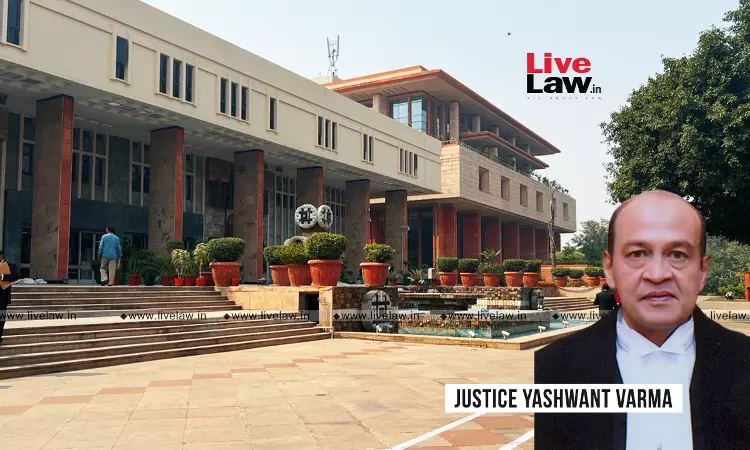The Expression “Any” Member of Arbitral Tribunal Cannot Be Read As “All Members”: Delhi High Court
Parina Katyal
3 Jun 2023 12:15 PM IST

Next Story
3 Jun 2023 12:15 PM IST
The Delhi High Court has ruled that the expression “any member” contained in a clause that lays down a mandatory qualification to be appointed as arbitrator, cannot be read as “all members” of the Arbitral Tribunal. The court said that the phrase “any member” must be interpreted in the context in which it is used.The bench of Justice Yashwant Varma was dealing with an...
